Diversity in the Workplace: Embracing Opportunities in the USA
- Home /
- blog post
In the dynamic landscape of the American workforce, diversity has evolved from a concept to a driving force that fuels innovation, fosters creativity, and propels businesses toward success. Embracing diversity in the workplace is not just a moral imperative; it is a strategic advantage that empowers organizations to thrive in an interconnected and culturally rich society. In this blog post, we will explore the significance of diversity in the workplace and the myriad opportunities it presents in the United States.
The Changing Face of the American Workforce:
-
Cultural Mosaic: The United States is a melting pot of cultures, ethnicities, and backgrounds. The modern workforce reflects this diversity, with individuals bringing unique perspectives, experiences, and talents to the professional arena.
-
Demographic Shifts: Demographic trends indicate a significant shift in the makeup of the workforce. As the population becomes more diverse, organizations that prioritize inclusivity are better positioned to attract, retain, and engage top talent.
Benefits of a Diverse Workforce:
-
Innovation and Creativity: Diverse teams are proven to be more innovative. The combination of varied perspectives and approaches fosters creativity, leading to the development of groundbreaking ideas and solutions.
-
Enhanced Problem-Solving: Diversity in the workplace contributes to better problem-solving. Different viewpoints and experiences bring a range of solutions to the table, enabling organizations to navigate challenges more effectively.
-
Improved Employee Performance: Inclusive workplaces promote a sense of belonging, which positively impacts employee engagement and performance. When employees feel valued and accepted, they are more likely to excel in their roles.
-
Global Competitiveness: In a globalized economy, diversity is a key factor in maintaining competitiveness. Organizations that embrace diversity are better equipped to navigate international markets, understand diverse customer bases, and adapt to the complexities of a global business environment.
Opportunities in Promoting Diversity:
-
Diversity and Inclusion Officers: Many organizations now have dedicated roles, such as Chief Diversity Officers, who oversee diversity and inclusion initiatives. These professionals play a crucial role in developing and implementing strategies to promote diversity at all levels of the organization.
-
Employee Resource Groups (ERGs): ERGs provide employees with shared interests or backgrounds a platform to connect, collaborate, and advocate for inclusivity within the workplace. Joining or leading an ERG is an opportunity for employees to contribute to a diverse and inclusive culture.
-
Diverse Leadership Opportunities: Organizations are recognizing the importance of diversity in leadership roles. There is a growing emphasis on creating pathways for individuals from underrepresented groups to ascend to leadership positions, offering a chance to influence strategic decision-making.
-
Supplier Diversity Programs: Supplier diversity initiatives involve engaging with diverse suppliers, including minority-owned, women-owned, and veteran-owned businesses. Organizations can contribute to diversity by actively seeking and supporting a diverse array of suppliers in their supply chain.
Challenges and Solutions:
-
Implicit Bias Training: Implicit biases can unintentionally influence decision-making. Implementing training programs to raise awareness and address unconscious biases is a proactive step toward creating a more inclusive workplace.
-
Mentorship and Sponsorship Programs: Establishing mentorship and sponsorship programs helps individuals from underrepresented groups access guidance and opportunities for career advancement. Mentors and sponsors can play pivotal roles in providing support, advocacy, and advice.
-
Flexible Work Policies: Flexible work policies, including remote work options and flexible schedules, can enhance diversity and inclusion by accommodating the diverse needs and lifestyles of employees.
-
Transparent Hiring Practices: Transparency in hiring processes is critical. Clearly communicating the commitment to diversity and ensuring fairness in recruitment practices contribute to attracting a diverse pool of candidates.
Building a Culture of Inclusivity:
-
Leadership Commitment: A commitment to diversity must start at the top. Leaders who champion diversity and lead by example set the tone for the entire organization. Their commitment trickles down, creating a culture that values and celebrates differences.
-
Open Communication Channels: Creating an open and inclusive environment requires fostering communication channels where employees feel comfortable expressing their thoughts and concerns. Feedback mechanisms and platforms for open dialogue contribute to a culture of inclusivity.
-
Cultural Competency Training: Cultural competency training equips employees with the knowledge and skills needed to interact respectfully and effectively in a diverse workplace. This training helps build a foundation of understanding and appreciation for different cultures and perspectives.
Conclusion
Diversity in the workplace is not just a checkbox on a corporate to-do list; it is a strategic imperative that drives success in a rapidly changing world. Organizations in the United States have the opportunity to harness the power of diversity to foster innovation, improve performance, and contribute to a more equitable and inclusive society.
As workplaces become more diverse, the call to embrace and celebrate differences is not just a moral obligation; it is a pathway to unlocking untapped potential and building a future where every individual, regardless of their background, can contribute to and benefit from the opportunities in the American workforce.
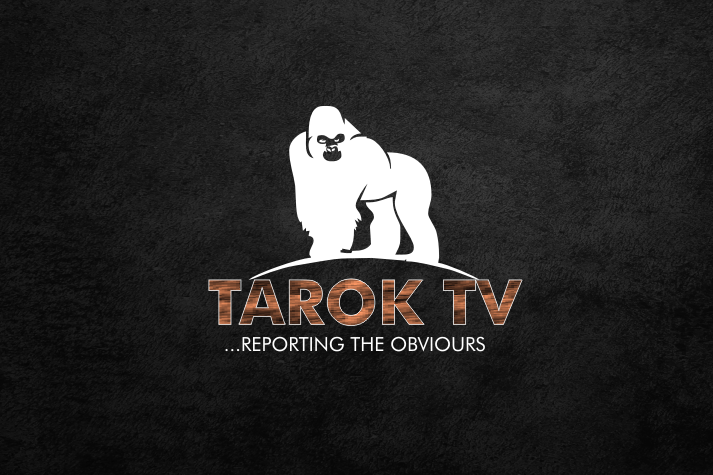
About Admin - Admin
TarokTv, ...Reporting the obvious.
Contact
Phone number: 07062319173
Email: [email protected]
Reach out to us with any news or article.
Latest Articles
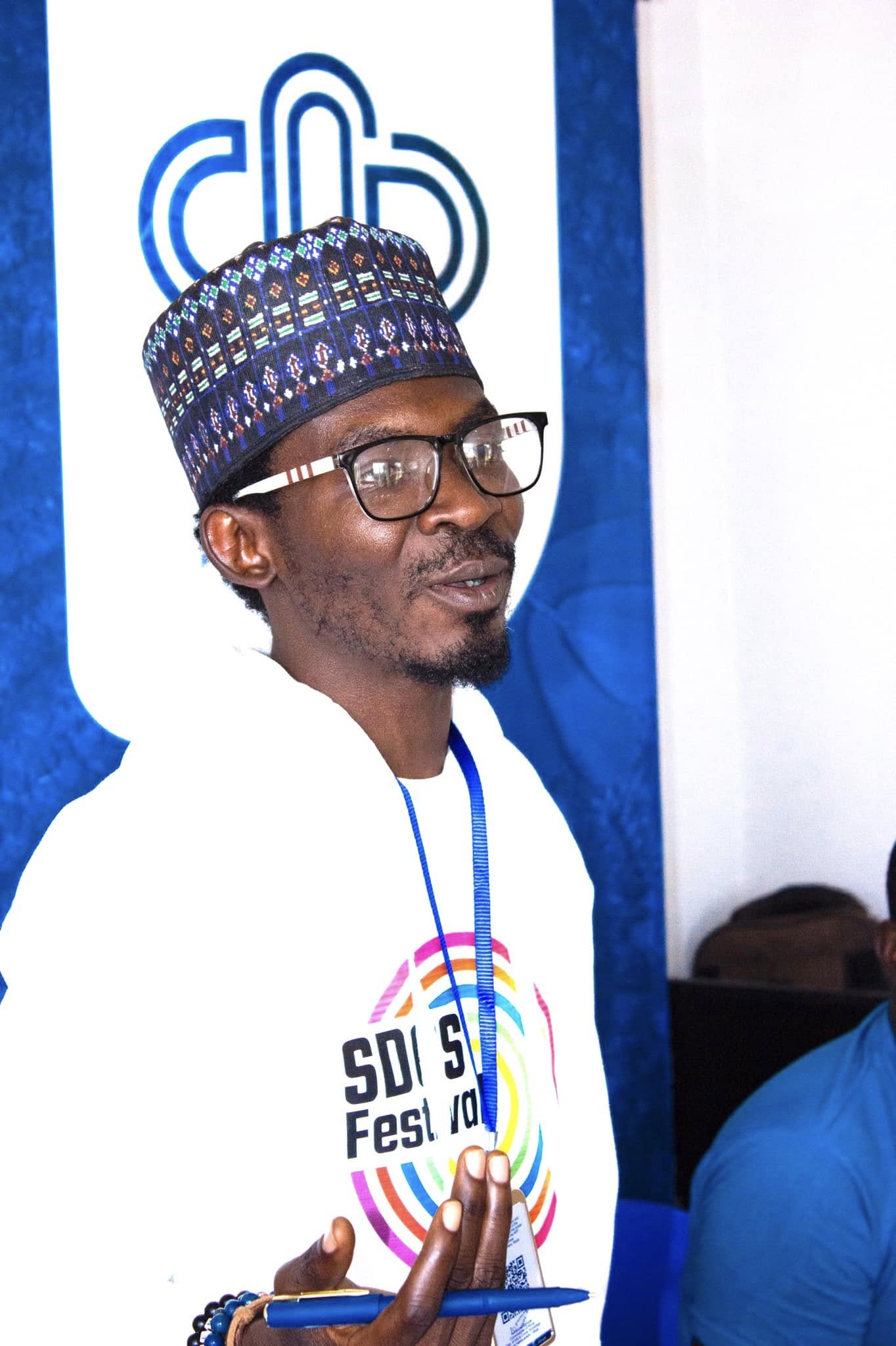
Success leaves clues, and those who seek to make a difference must study the lives of those who…
read more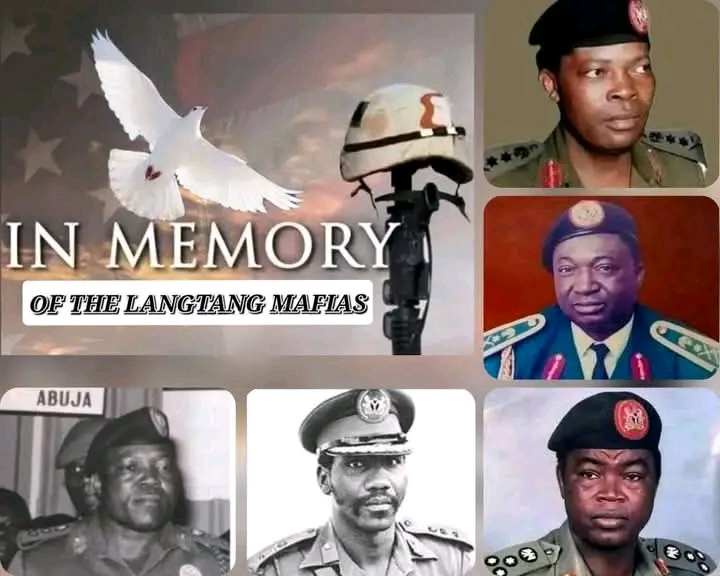
Langtang, a town in Plateau State, Nigeria, is not just another dot on the map but a significant origin for…
read more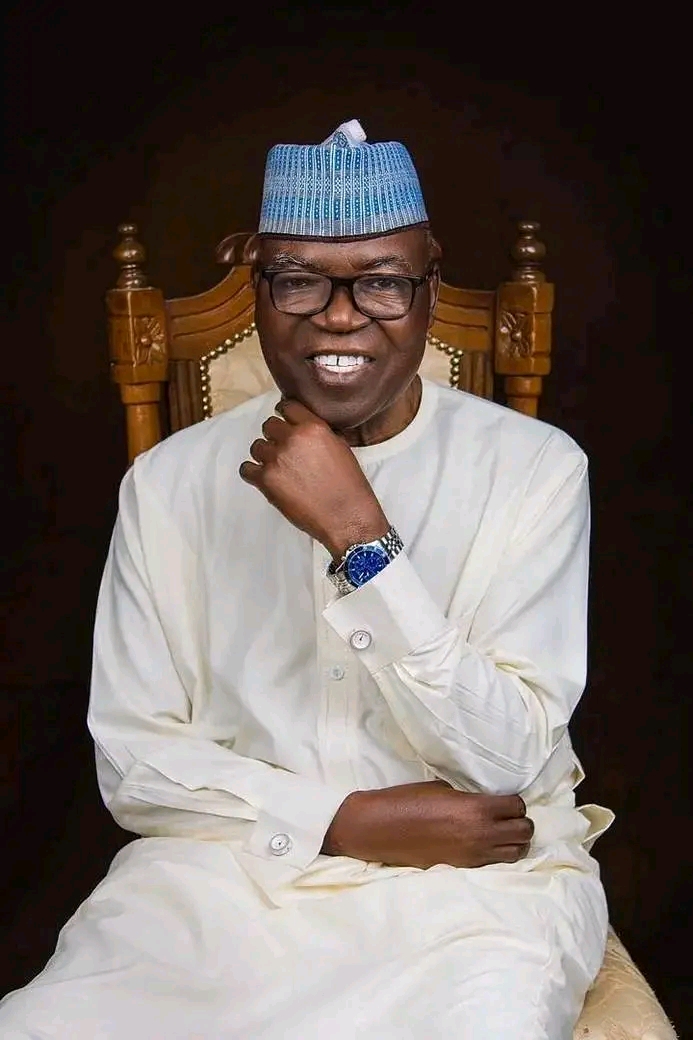
Brief Biography of Gen. (Senator) Jeremiah Timbut Useni
Early Life and Education:
Jeremiah Timbut Useni, often referred to as "Jerry Boy," was born on February 16, 1943,…
read more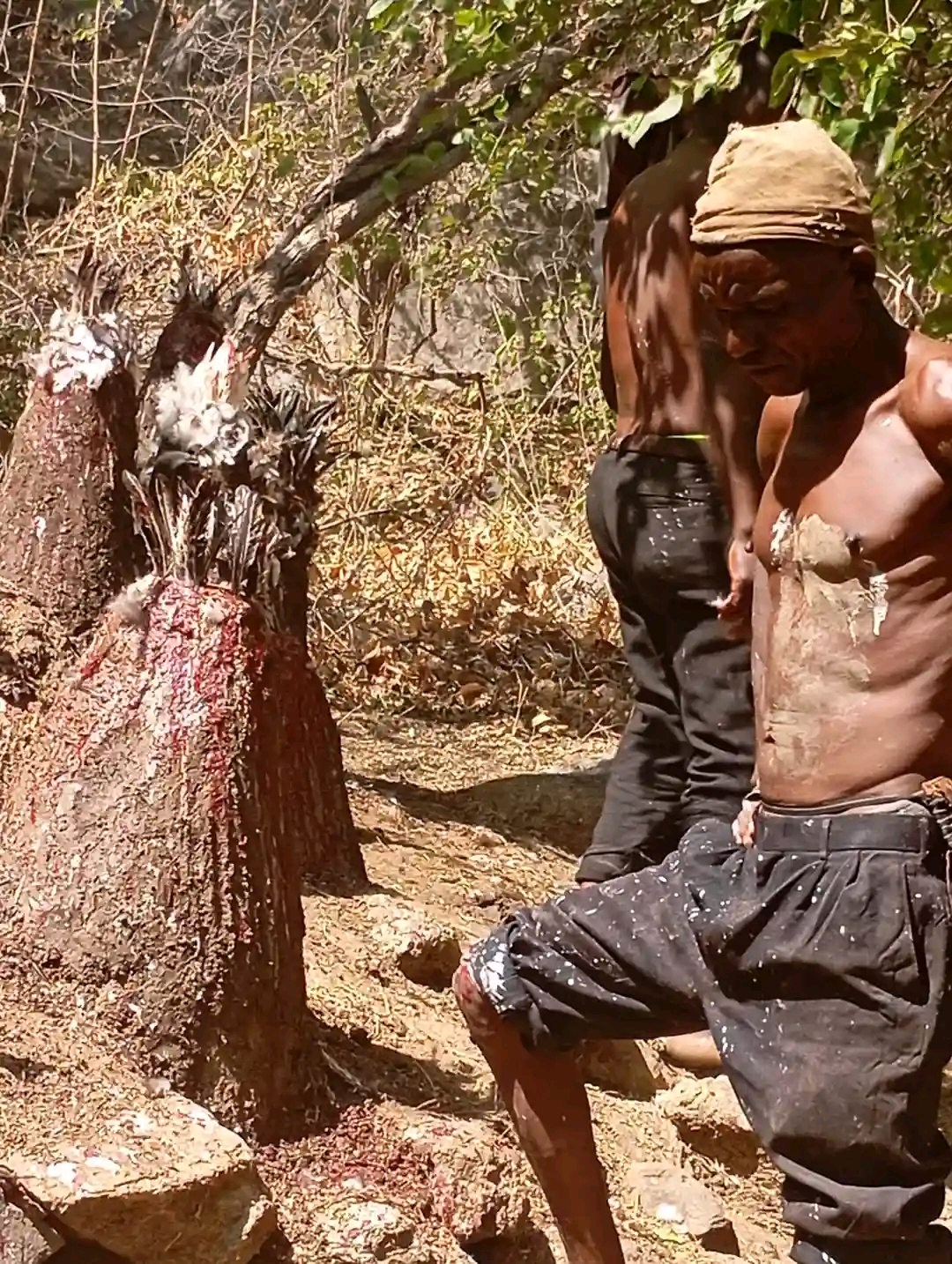
The Ibiari: A Sacred Tradition in Tarok land
The Ibiari Oga Sa festival, an annual tradition in Tarokland, was celebrated today as part of the year-end observance marking…
read more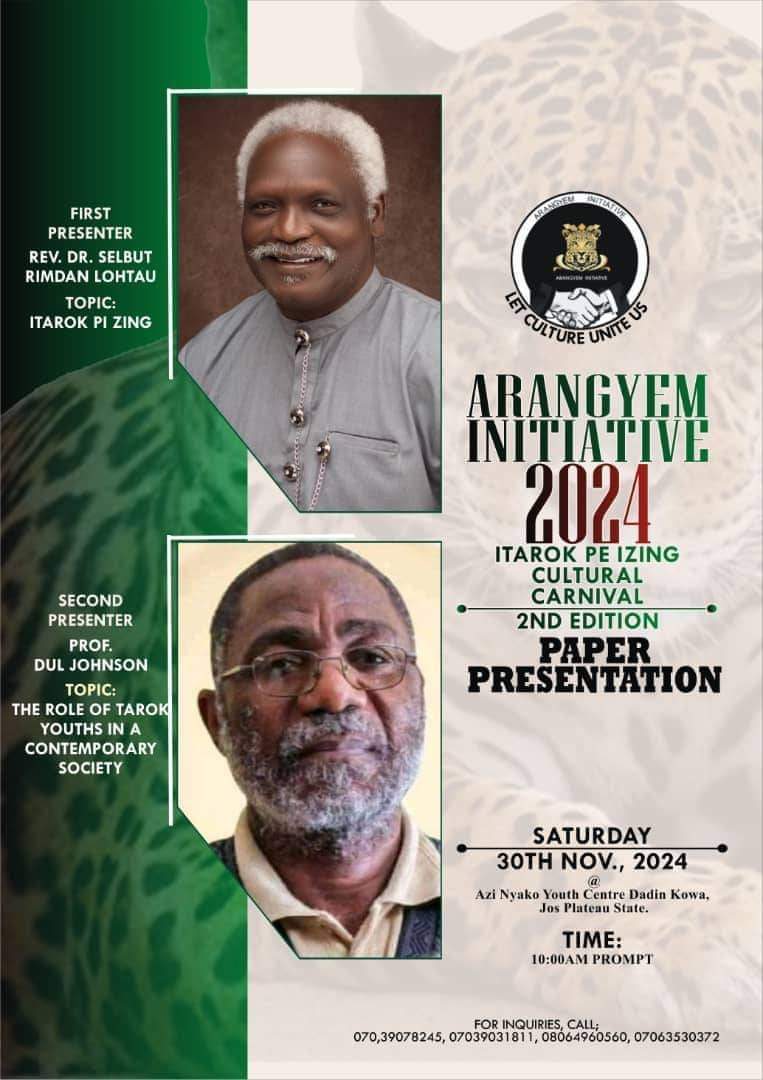
ITAROK PA IZING BY REV. DR. SELBUT LONGTAU
A PAPER PRESENTATION AT ITAROK PA IZING 2ND CARNIVAL HELD AT THE AZI NYAKO YOUTH CENTRE, JOS, 30TH NOVEMBER, 2024
… read more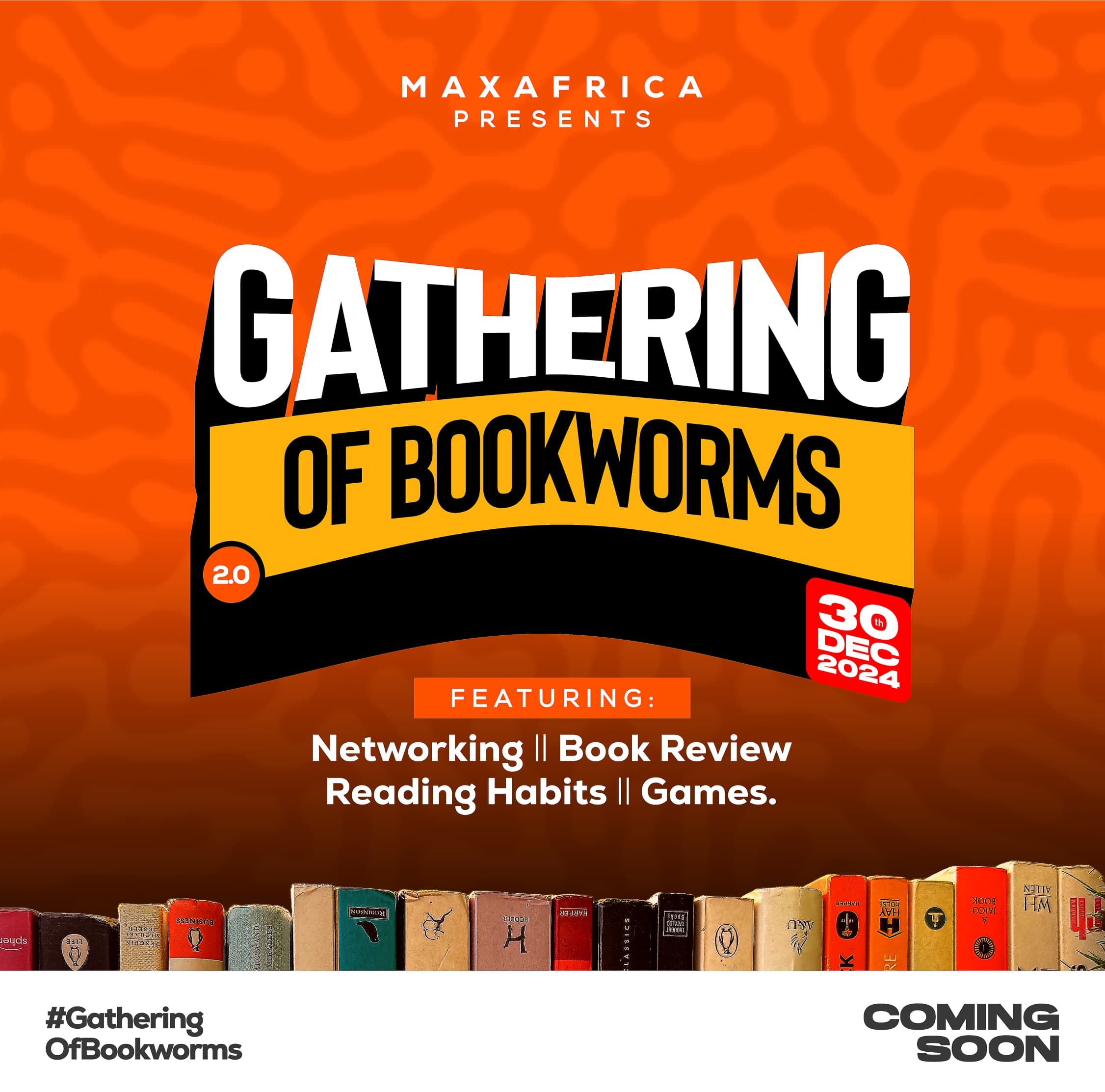
TarokTv News: The Return of "Gathering of Bookworms" - A Literary Revival in Langtang North/South
TarokTv is thrilled to announce the upcoming edition of the Gathering of Bookworms, a celebrated event aimed at uniting the…
read moreLatest Albums
Recent videos
Copyright © 2020 - TarokTv designed by Taroktv Media.






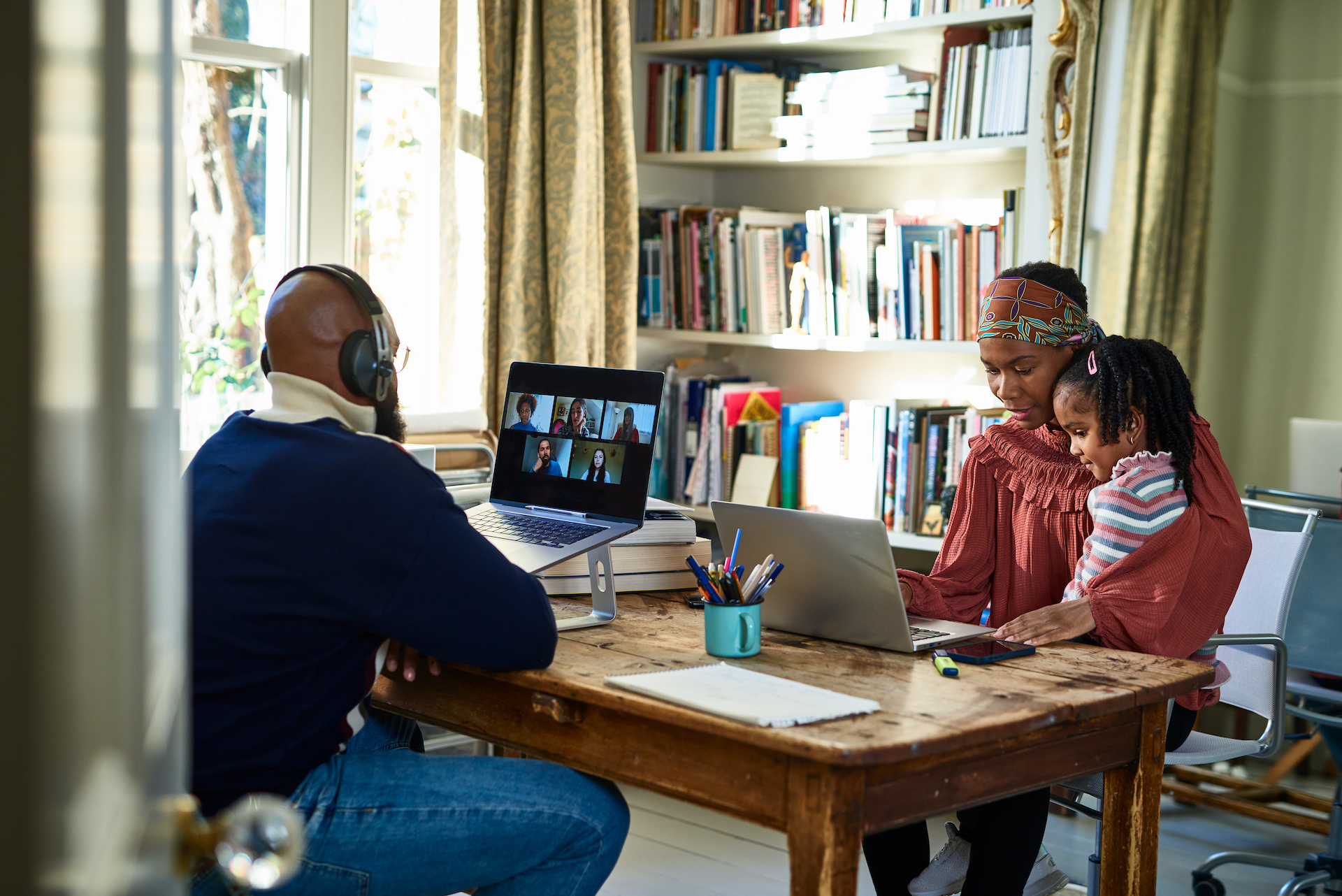

leave a comment
0 comment